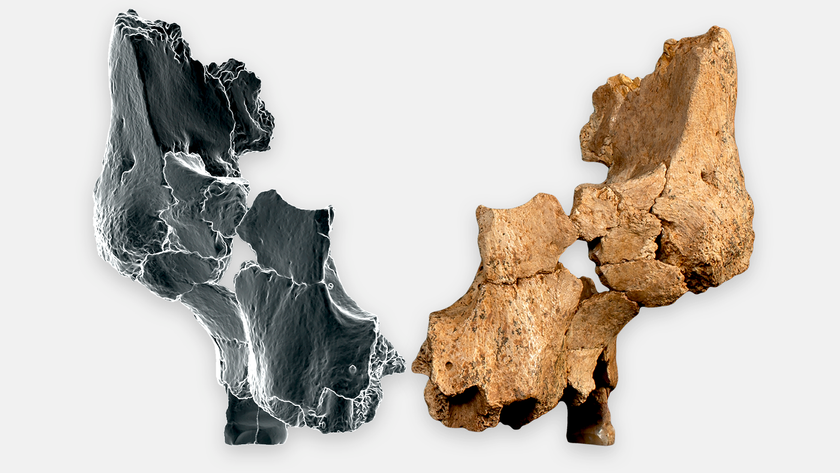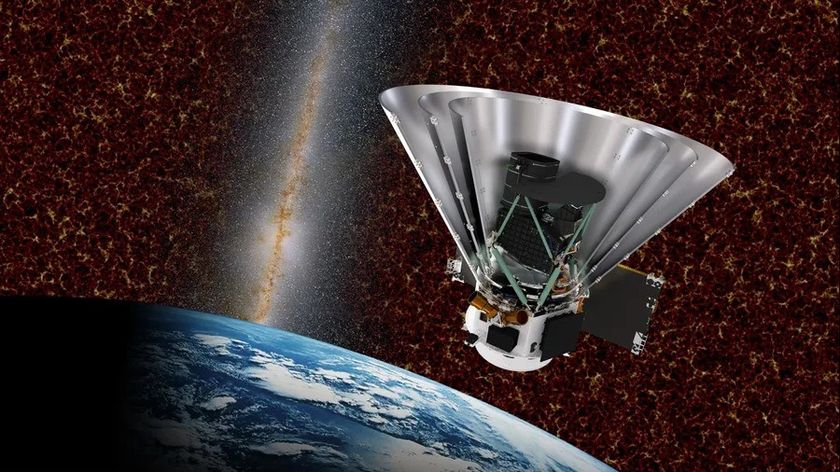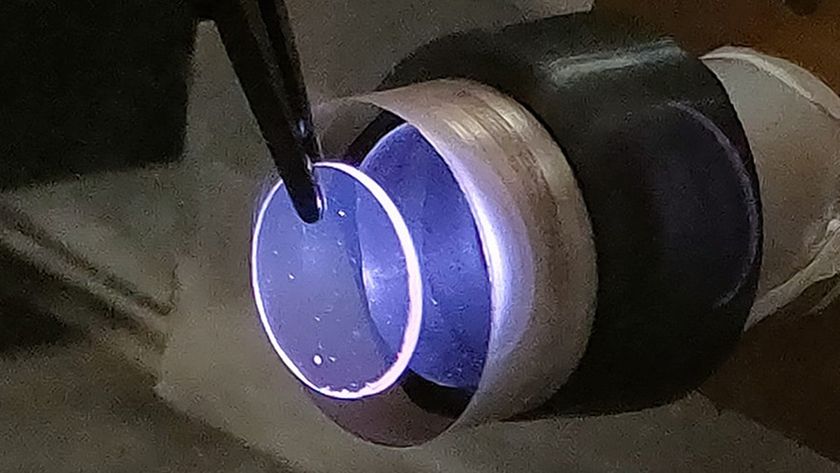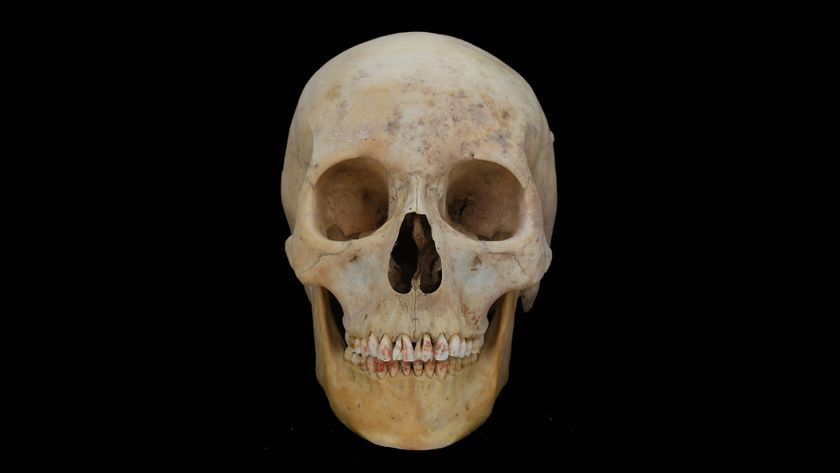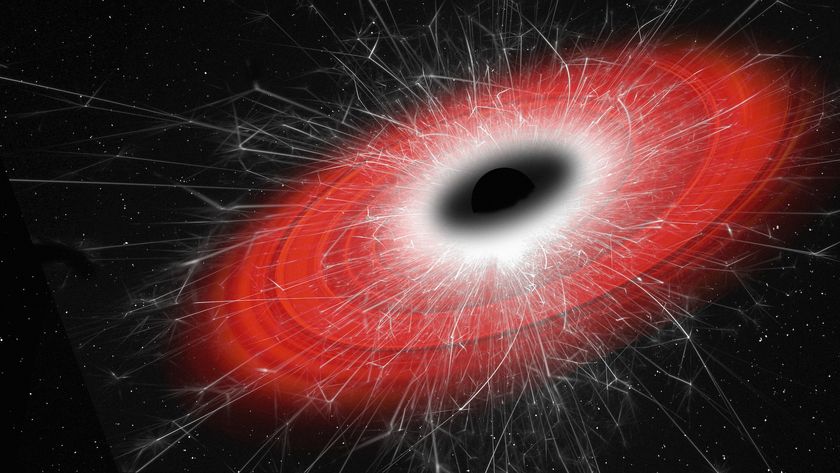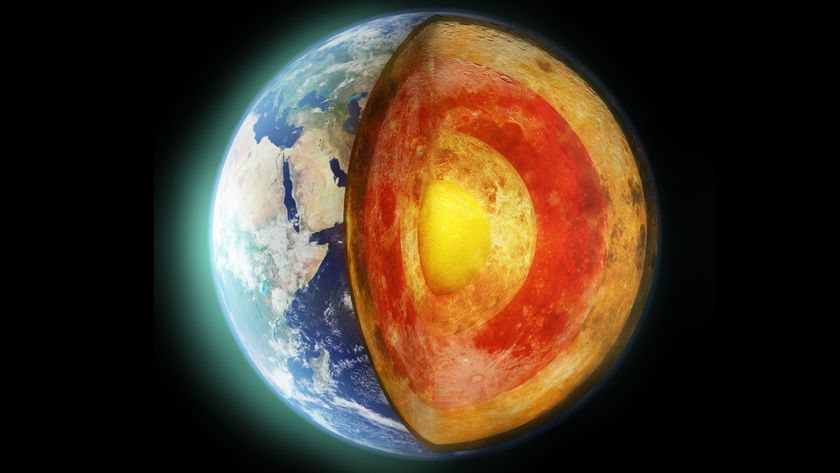New Atomic Clock Is Most Accurate Timekeeper Yet
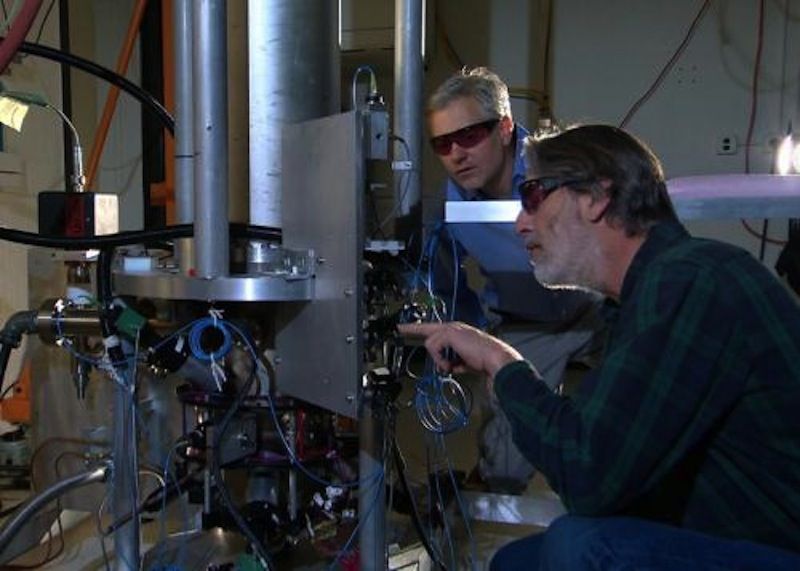
A new atomic clock unveiled Thursday (April 3) is three times more accurate than the one previously used to keep official time in the United States, making it the most precise timekeeper yet developed.
The National Institute of Standards and Technology (NIST), an agency of the U.S. Department of Commerce, said the new clock — known as NIST-F2 — will serve as the time and frequency standard for the country. The ultraprecise atomic clock is so exact it is capable of maintaining perfect time for 300 million years, neither gaining nor losing one second during that time, said Thomas O'Brian, chief of the NIST's Time and Frequency Division.
This precision will "not only lead to better use of things like GPS, but probably open up entirely new applications that I'm not even smart enough to think of yet," O'Brian told reporters in a news briefing Thursday. [Video: How to Build the Most Accurate Atomic Clocks]
The NIST-F2's predecessor, the NIST-F1, has served as the official source of time in the United States since 1999, and will continue to be used alongside its newer sibling, said physicist Steven Jefferts, lead designer of the NIST-F2.
"F2 is substantially more accurate than our current frequency standard," Jefferts said. "[It's] really a refinement of NIST-F1."
Operating the NIST-F2 and NIST-F1 simultaneously, and comparing their measurements over long periods of time, will help researchers calibrate and improve the precision of both clocks.
Atomic clocks detect the natural "ticking" or "vibration" from energized atoms to keep precise time. Current atomic clocks use extremely cold cesium atoms. When one of these atoms is blasted with microwaves, the electrons that orbit the nucleus "vibrate" between energy states. Thus, atomic clocks can make extremely precise measurements of a second, based on the cycles of the radiation that gets an atom of cesium to oscillate between two energy states.
Sign up for the Live Science daily newsletter now
Get the world’s most fascinating discoveries delivered straight to your inbox.
Ultraprecise timekeeping is critical for maintaining many of the modern conveniences people have come to rely on, including electrical grids, global telecommunications and the interconnected networks of GPS systems.
"We all rely on the exquisite precision of atomic clocks," O'Brian said. "Now, the NIST-F2 is the latest in a long chain of precision timekeeping."
The NIST-F2, which has been under development for a decade, is the most precise cesium-based atomic clock yet developed by the NIST, but physicists are already setting more ambitious milestones.
"Scientists at NIST are already working on the next generation of atomic clock that will be even better," O'Brian said. "So while we're celebrating this accomplishment, one of the burdens of being an atomic clock scientist is that you're aware that the competition is always ahead of you."
Follow Denise Chow on Twitter @denisechow. Follow Live Science @livescience, Facebook & Google+. Original article on Live Science.

Denise Chow was the assistant managing editor at Live Science before moving to NBC News as a science reporter, where she focuses on general science and climate change. Before joining the Live Science team in 2013, she spent two years as a staff writer for Space.com, writing about rocket launches and covering NASA's final three space shuttle missions. A Canadian transplant, Denise has a bachelor's degree from the University of Toronto, and a master's degree in journalism from New York University.


